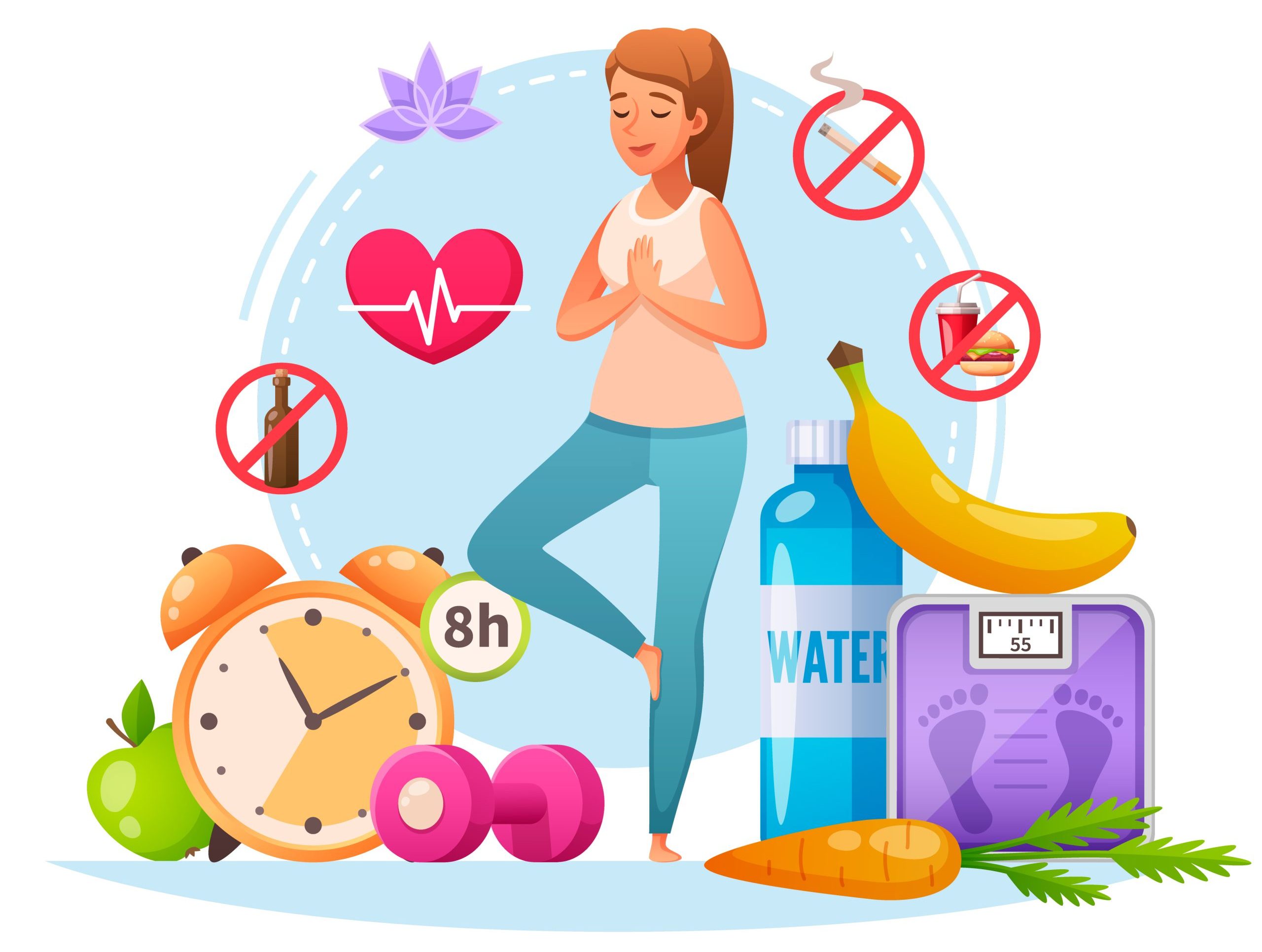The kidneys play an extremely crucial role for your body, flushing out toxins. The kidneys work closely with organs such as the small and large intestines, gallbladder and liver to keep you healthy. Factors such as genetics, diet and lifestyle can place stress on the kidneys and cause problems such as kidney infections and stones. Let’s look at some effective tips for keeping your kidneys healthy.

1. Drink More Water For Kidney Health
The recommendation to drink more water is probably the most common health advice of all. However, it’s easy to forget this in your day-to-day life. Water is crucial for your whole body, but hydration is especially important for the kidneys. Water helps the kidneys do their job of flushing out toxins. It also helps prevent kidney stones and can help you pass any existing stones naturally. You may want to invest in a quality water filter to ensure the purity of your water.
2. Consume Healthy Drinks For Kidneys
You may get bored drinking nothing but water. There are also good reasons to consume other beverages that support kidney health. Here are some suggestions.
- Lemonade — Heavily sweetened lemonade isn’t the healthiest beverage. However, putting a few drops of fresh lemon into water is a good tonic for the kidneys and will help to dissolve any kidney stones. You can also make your own version of lemonade using a natural sweetener such as stevia.
- Pomegranate Juice — Pomegranates are one of the healthiest fruits for the kidneys. They are high in potassium, an essential nutrient for the kidneys. There’s even some limited evidence that pomegranate may help to reduce recurring kidney stones.
- Cranberry Juice — Cranberries are rich in antioxidants and can help prevent kidney infections. If you find cranberries overly tart, you can mix them with other types of juice such as apples.
3. Follow the Best Diet For Kidney Health
It’s important to learn about the best foods for a healthy bladder and kidneys.
- Don’t consume excessive protein. Protein is healthy but too much puts a strain on your kidneys. If you have kidney stones, it can help to reduce your intake of animal protein.
- Limit your intake of calories. Overeating contributes to many health issues, including digestive and cardiovascular problems. Being overweight also puts you at risk for kidney stones.
- Reduce sodium. Too much sodium in your diet is not only associated with hypertension but also kidney problems.
- Avoid high oxalate foods. The most common kidney stone types are formed from calcium oxalate. Oxalate is a substance found in many foods, including beets, green leafy vegetables, nuts, beans and soy products. If you have kidney stones, you should avoid high oxalate foods. You may also want to reduce these foods in your diet to prevent kidney stones from forming.
4. Get Regular Exercise
Exercise is important for maintaining the health of your kidneys. How often and how intensely you should exercise depends on your goals and current level of fitness. If you have kidney stones or a kidney infection, you should listen to your doctor and exercise gently. Walking for a few miles every day is good for maintaining kidney health.
Aside from general fitness programs such as cardio and strength training, you can find exercises that specifically target the kidneys. For example, there are several yoga postures such as the cobra pose and sphinx pose that stimulate the kidneys. You can take a yoga class or find videos to provide instruction.
5. Reduce Toxins in Your Body
The main job of the kidneys is to rid the body of wastes and toxins. When you ingest too many toxic elements, you are making the kidneys work harder. Over time, this can cause them to fail. Toxins include the following:
- Junk foods —Including sugar, trans fats, soda, and simple carbs such as white bread.
- Smoking
- Alcohol
- Drugs
- Pollution —Indoor pollution, including mold and allergies, can be harmful as well as outdoor pollution.
6. Keep Your Kidneys In Optimal Condition
Your kidneys perform an extremely important task, removing wastes and toxins. By staying hydrated, eating the right diet, exercising and avoiding harmful habits, you help this vital organ do its job, which helps to safeguard the health of your entire body.
